Get Certified with CSM Certification and empower your career with the industry’s gold standard in Agile Product Management. Lead teams, boost efficiency, and drive success in the dynamic world of Scrum.
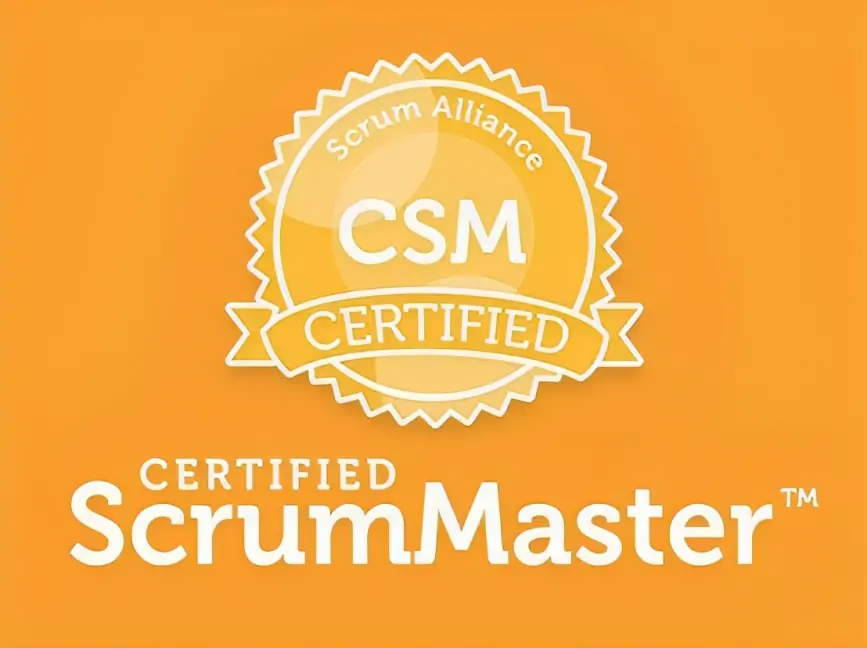
Introduction
Welcome to BlueMorpho, your trusted destination for online certification and training courses. Today, we’re diving into the world of Agile project management and discussing the significance of the Certified Scrum Master, CSM Certification. If you’re looking to enhance your career in project management, boost your team’s efficiency, and stay ahead in the rapidly evolving tech industry, then this blog is for you. We’ll explore the ins and outs of CSM Certification, its benefits, and why it’s a must-have credential for professionals in the field.
In the fast-paced world of project management, where change is the only constant, Certified Scrum Master, CSM Certification stands as a beacon of adaptability, collaboration, and efficiency. Developed and offered by Scrum Alliance, a leading authority in Agile methodologies, CSM Certification has become synonymous with Agile excellence, making it a coveted credential for professionals and organizations striving to thrive in dynamic industries.
Understanding Agile and Scrum
What is Agile?
Agile is a flexible and iterative approach to project management that has gained immense popularity in recent years. It emphasizes collaboration, customer feedback, and continuous improvement to deliver high-quality products and services. Agile methodologies are widely used in software development, but their principles can be applied to various industries.
The Scrum Framework
Scrum is one of the most popular Agile frameworks, known for its simplicity and effectiveness. It divides work into small, manageable units called “sprints” and encourages cross-functional teams to collaborate closely. Scrum practices include daily stand-up meetings, backlog grooming, sprint planning, and retrospective meetings.
What is Certified Scrum Master, CSM Certification?
The Role of a Scrum Master
A Scrum Master plays a crucial role in the Scrum framework. They act as facilitators, coaches, and leaders for the Scrum team, ensuring that Agile principles are followed, and roadblocks are removed. Their primary goal is to help the team achieve high levels of productivity and deliver valuable products.
Why CSM Certification?
CSM Certification is the gateway to becoming a proficient Scrum Master. It’s a globally recognized credential offered by Scrum Alliance, a leading Agile certification body. Earning your CSM Certification signifies your commitment to mastering Scrum practices and your dedication to fostering Agile excellence within your organization.
Prerequisites for CSM Certification
To become a Certified ScrumMaster, you don’t need a specific educational background. However, some prerequisites will help you succeed in the certification process:
- A basic understanding of Agile principles and Scrum fundamentals.
- Familiarity with Scrum roles, artifacts, and ceremonies.
- Completion of a two-day CSM training course from a certified trainer.
Benefits of CSM Certification
Career Advancement
CSM Certification can open doors to exciting career opportunities. Many organizations value certified Scrum Masters as they bring efficiency, transparency, and adaptability to projects. As a CSM, you’ll stand out in the job market and potentially earn a higher salary.
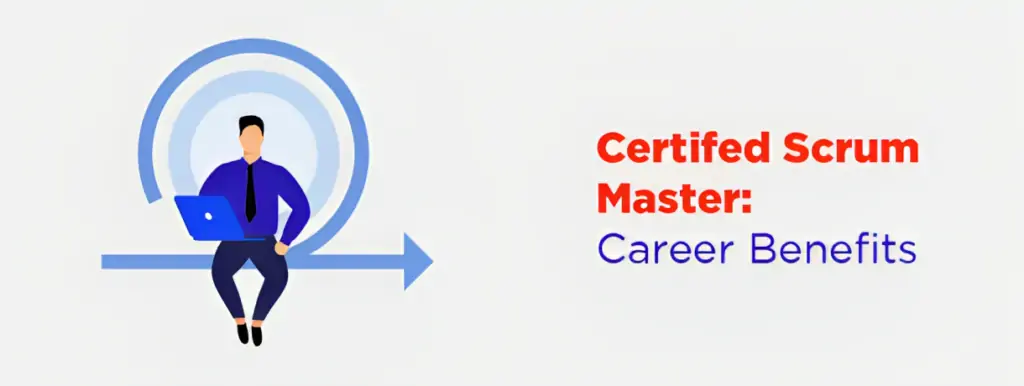
Enhanced Skills
The CSM training and certification process equips you with valuable skills that extend beyond Scrum. You’ll develop problem-solving abilities, leadership skills, and the ability to adapt to changing project dynamics. These skills are transferrable to various roles and industries.
Contribution to Agile Transformation
By becoming a CSM, you’ll be a change agent within your organization. You can drive Agile transformation, promote a culture of collaboration, and help your team and organization deliver better results faster.
How to Get CSM Certified
1: Attend a CSM Training Course
To be eligible for CSM Certification, you must attend a two-day training course delivered by a certified Scrum trainer. These courses are designed to cover Scrum fundamentals, best practices, and real-world applications.
2: Pass the CSM Exam
After completing the training course, you’ll need to pass the CSM exam to demonstrate your understanding of Scrum principles. The exam consists of multiple-choice questions and requires a passing score.
3: Accept the License Agreement
Once you pass the exam, you’ll need to accept the License Agreement and complete your Scrum Alliance membership profile. This step officially grants you CSM Certification.
4: Maintain Your Certification
To maintain your CSM Certification, you must renew it every two years by earning Scrum Education Units (SEUs) and paying a renewal fee. SEUs can be earned through ongoing training, attending conferences, or contributing to the Agile community.
CSM Cost
The cost of Certified ScrumMaster, CSM Certification can vary depending on several factors, including the training provider, location, and additional services or resources included in the package. Here is a general breakdown of the typical costs associated with CSM Certification:
Training Course Fee:
The primary expense for CSM Certification is the cost of attending a two-day training course conducted by a certified Scrum trainer. The training fee can vary but typically ranges from $1,000 to $1,500 USD. Some providers may offer discounts or early-bird rates, so it’s worth checking for special offers.
Scrum Alliance Membership:
To become a Certified ScrumMaster, you need to be a member of Scrum Alliance. The membership fee is $50 USD for the first year and $50 USD for each subsequent year when you renew your CSM Certification.
CSM Exam Fee:
The CSM exam is included as part of the training course fee, and there is no separate exam fee.
Renewal Fees:
CSM Certification is valid for two years. To maintain your certification, you’ll need to renew it by earning Scrum Education Units (SEUs) and paying a renewal fee. The renewal fee is $100 USD every two years.
Additional Resources:
Some training providers may offer additional study materials, resources, or access to online platforms to support your preparation for the CSM Certification exam. These resources may come with an additional cost, but they are optional.
Travel and Accommodation:
If you need to travel to attend the CSM training course, consider the costs associated with transportation and accommodation. These expenses can vary significantly depending on your location and the training provider’s location.
Retake Fees (if necessary):
In the event that you do not pass the CSM exam on your first attempt, there may be fees associated with retaking the exam. It’s important to review the policies of your training provider regarding exam retakes.
It’s essential to research and compare different training providers and packages to find the one that best suits your budget and learning preferences. Keep in mind that CSM Certification is an investment in your career and can lead to increased job opportunities and earning potential in Agile project management and related fields.
Real-World Success Stories
CSM in Action: Case Studies
To truly understand the impact of CSM Certification, let’s explore a few real-world success stories:
Case Study 1: XYZ Tech Inc.
XYZ Tech Inc. struggled with project delays, communication gaps, and low team morale. After sending their project managers and team leads for CSM training, they saw a remarkable transformation. The newly certified Scrum Masters improved team collaboration, reduced project lead times by 30%, and increased customer satisfaction.
Case Study 2: Agile Consulting Firm
An Agile consulting firm made CSM Certification a prerequisite for all its consultants. As a result, they attracted top talent and established themselves as leaders in Agile consulting. Their CSM-certified consultants consistently delivered high-value solutions to clients, leading to increased revenue and client retention.
Frequently Asked Questions:
Q1: Can anyone become a Certified ScrumMaster?
Yes, anyone interested in Agile project management can become a Certified ScrumMaster. There are no specific educational requirements, but completing a CSM training course is essential.
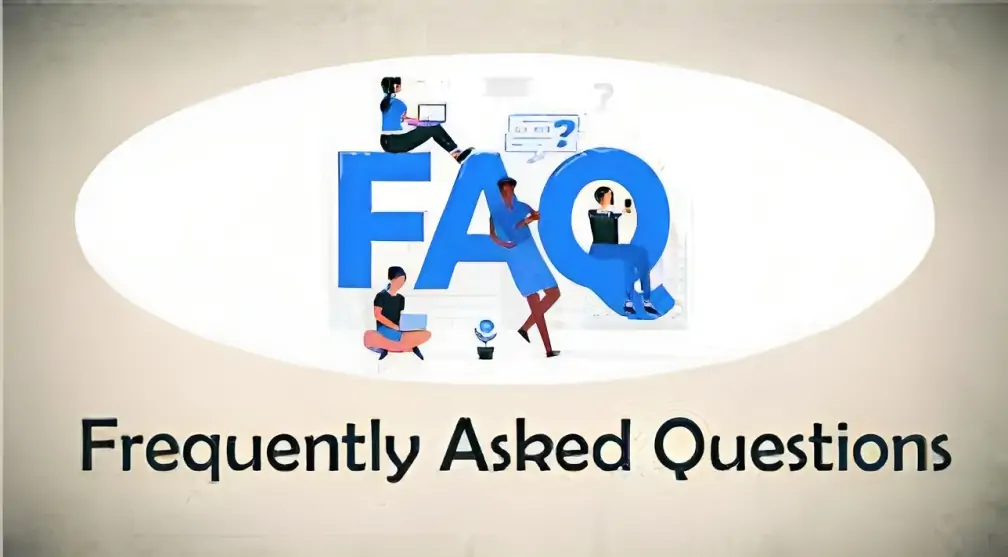
Q2: How long does it take to get CSM Certified?
The CSM certification process typically takes two days for the training course, followed by an exam. After passing the exam, you can complete the remaining administrative steps, which may take a few weeks.
Q3: Is CSM Certification valid worldwide?
Yes, CSM Certification is recognized and respected worldwide. Scrum Alliance is an international organization, and CSMs are in demand globally.
Your Next Steps
Enroll in BlueMorpho’s CSM Training Course
Now that you understand the importance of CSM Certification, it’s time to take action. BlueMorpho offers a comprehensive CSM training course that will prepare you for the certification exam and equip you with the skills and knowledge needed to excel as a Scrum Master.
Explore Our Other Agile Training Courses
In addition to CSM Certification, we offer a wide range of Agile training courses tailored to your needs. Whether you’re a beginner looking to understand the basics of Agile or an experienced Agile practitioner seeking to enhance your skills, our courses have got you covered.
Join Our Community of Agile Professionals
At BlueMorpho, we believe in the power of community. Join our network of Agile professionals, share your experiences, and learn from others on the same journey. We provide ongoing support, resources, and opportunities for networking and collaboration.
The Core Responsibilities of a Certified ScrumMaster
Team Facilitator
A Certified Scrum Master is often likened to a coach or mentor for the Scrum team. They ensure that the team is well-versed in Scrum practices and assist them in applying these principles effectively. Their role includes facilitating daily stand-up meetings, sprint planning, and retrospectives, fostering open communication, and helping team members collaborate efficiently.
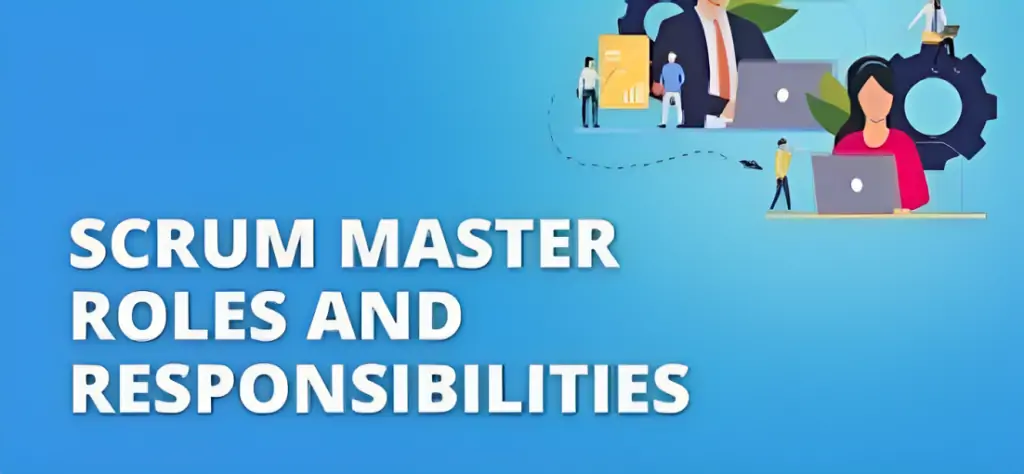
Shielding from External Interference
One of the key responsibilities of a Scrum Master is to protect the team from external disruptions and distractions. They act as a shield, allowing the team to focus on their work and remove impediments that hinder their progress. This proactive approach ensures that the team can maximize their productivity and deliver valuable increments.
Promoting Continuous Improvement
Scrum thrives on the concept of continuous improvement. A CSM encourages the team to reflect on their processes and outcomes regularly. They help identify areas for improvement and facilitate discussions on how to implement these changes. This commitment to constant enhancement leads to higher quality products and better teamwork.
The Value of Scrum Events
Sprint Planning
Sprint planning is a crucial event in Scrum where the team collaboratively selects items from the product backlog to work on during the upcoming sprint. A CSM plays an essential role in facilitating this meeting, ensuring that the team understands the goals and scope of the sprint.
Daily Stand-up Meetings
The daily stand-up, also known as the daily Scrum, is a short, time-boxed meeting where team members share updates on their progress, challenges, and plans for the day. The Scrum Master ensures that this meeting remains focused and efficient, promoting transparency and team collaboration.
Sprint Review
At the end of each sprint, the team presents the completed work to stakeholders in the sprint review. The Scrum Master ensures that the review stays on track, captures valuable feedback, and guides the team in adapting based on this feedback.
Sprint Retrospective
The sprint retrospective is an opportunity for the team to reflect on their performance during the sprint and identify areas for improvement. The Scrum Master facilitates this meeting, helping the team generate actionable insights and implement changes for the next sprint.
Advanced Scrum Master Skills
Conflict Resolution
Conflict is a natural part of team dynamics, and a skilled Scrum Master knows how to address and resolve conflicts constructively. They foster an environment where team members feel safe to express concerns and help mediate disputes to maintain a healthy team atmosphere.
Servant Leadership
Servant leadership is a core philosophy of Scrum Masters. It involves putting the needs of the team above their own and empowering team members to make decisions. A CSM leads by example, demonstrating humility, empathy, and a commitment to serving the team’s interests.
Scaling Scrum
In larger organizations, multiple Scrum teams may collaborate on complex projects. A CSM with advanced skills can facilitate the scaling of Scrum practices, ensuring alignment, coordination, and transparency across multiple teams.
The Impact of CSM Certification on Organizations
Improved Productivity
Organizations that employ CSMs often experience improved productivity. Scrum Masters help teams work more efficiently, reduce waste, and deliver valuable increments, ultimately leading to faster project completion.
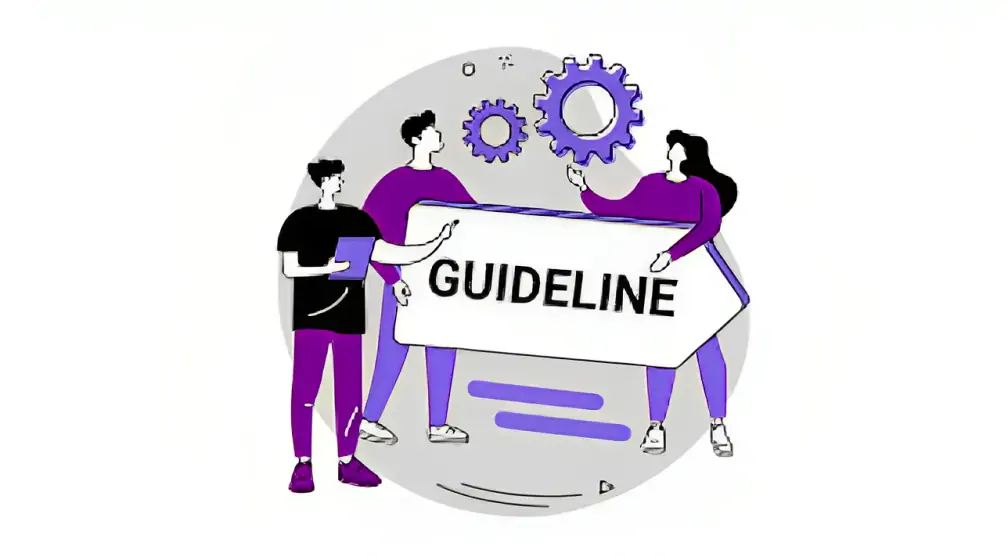
Enhanced Product Quality
Through their guidance and emphasis on continuous improvement, CSMs contribute to higher product quality. This results in fewer defects, increased customer satisfaction, and a positive impact on the organization’s reputation.
Greater Customer Satisfaction
Scrum emphasizes customer collaboration and responding to change. CSMs ensure that customer feedback is incorporated into the development process, leading to products that better meet customer needs and expectations.
Conclusion
Certified ScrumMaster, CSM Certification is not just a credential; it represents a commitment to Agile principles, effective teamwork, and continuous improvement. As you’ve learned in this extended discussion, a CSM plays a pivotal role in the success of Agile projects and contributes significantly to organizational agility.
By becoming a CSM, you’ll gain the knowledge, skills, and mindset to navigate the complex world of Agile project management successfully. You’ll be prepared to lead your team with confidence, remove obstacles, and drive projects to successful completion.
At BlueMorpho, we’re passionate about empowering professionals like you to excel in Agile project management. Our CSM training program is designed to provide you with the tools and expertise you need to thrive in this dynamic field.
So, whether you’re an aspiring Scrum Master or a seasoned Agile practitioner looking to enhance your skills, CSM Certification is your gateway to unlocking new opportunities, advancing your career, and making a significant impact in the world of Agile.
Thank you for choosing BlueMorpho as your trusted partner on this transformative journey. We’re excited to accompany you on your path to becoming a Certified Scrum Master and contributing to the Agile community.

